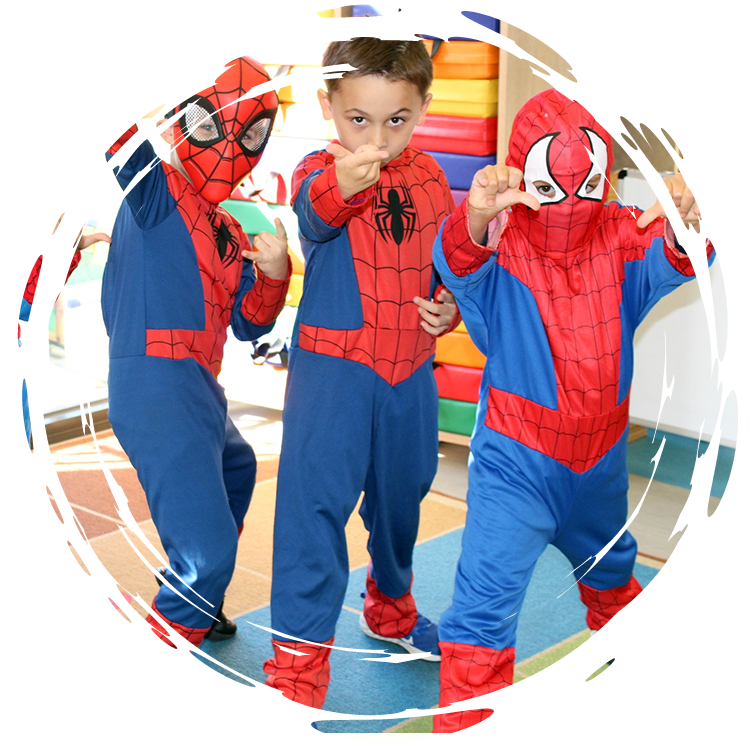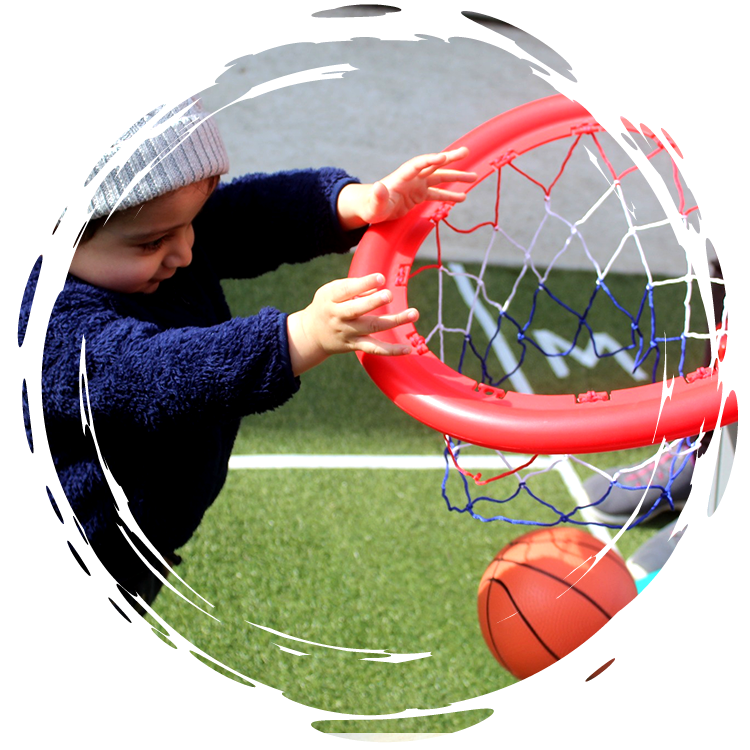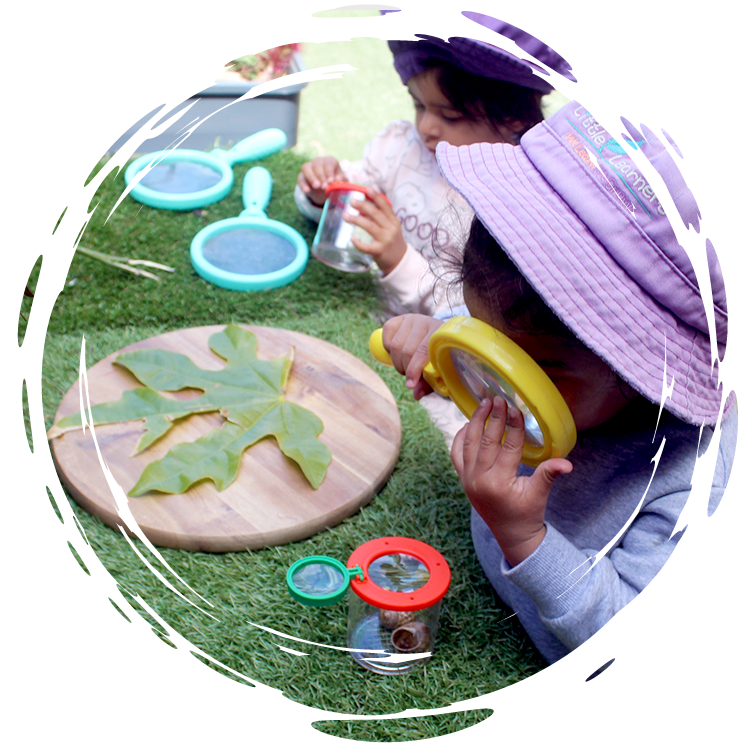What is Play-based Learning?
Little Learners Day Care Centre adopts a play-based learning approach.
Play-based learning is an educational strategy where children learn through play, which allows them to explore, engage, and experiment in ways that foster their development in multiple areas. By integrating social, physical, and cognitive skills, this approach creates a holistic learning environment. Here’s how play-based learning promotes the development of these essential skills:

Social Skills Development
- Collaboration: Play often involves group activities where children work together, which promotes teamwork, sharing, and collaboration. Through this, they learn how to negotiate, resolve conflicts, and communicate effectively.
- Empathy: Role-playing or pretending in games helps children put themselves in others’ shoes, which enhances their ability to understand and relate to the feelings and perspectives of others.
- Communication: Whether verbal or non-verbal, play requires children to express ideas, listen to others, and follow instructions. This helps develop both speaking and listening skills.
- Problem Solving: Group play encourages children to work together to overcome challenges, fostering problem-solving and critical thinking in social contexts.

Physical Skills Development
- Fine Motor Skills: Play-based learning activities like drawing, building with blocks, or crafting help develop fine motor skills as children use their hands and fingers for intricate movements.
- Gross Motor Skills: Active games, running, jumping, or playing with balls develop larger muscle groups, improving coordination, balance, and overall physical fitness.
- Body Awareness: Physical play encourages children to understand their bodies, spatial relationships, and physical limits. Activities like dancing or climbing help enhance motor planning and body control.
- Health and Wellness: Play often promotes movement and physical activity, which is essential for developing healthy habits and fostering a positive relationship with physical activity.

Cognitive Skills Development
- Problem-Solving and Critical Thinking: Many forms of play, such as puzzles or strategy games, require children to think critically and solve problems. This strengthens their ability to approach complex situations with creative and logical thinking.
- Language Development: Through storytelling, imaginative play, and interacting with peers, children build vocabulary, understand grammar, and use language to express thoughts and ideas.
- Memory and Attention: Games that involve following rules or remembering sequences (e.g., memory games) support the development of memory and attention span.
- Understanding Concepts: Play-based learning often introduces basic academic concepts like numbers, colors, shapes, and time in a hands-on, engaging way, facilitating the child’s cognitive understanding and retention.
Examples of Play-Based Learning Activities:
- Pretend Play: A child playing “store” with peers learns social roles, counting, and negotiation.
- Building with Blocks: Encourages fine motor skills, spatial awareness, and problem-solving.
- Art and Craft: Promotes creativity and fine motor development through drawing, cutting, or molding shapes.
- Outdoor Play: Activities like running, climbing, or playing sports develop physical coordination and teamwork.
Play-based learning fosters an environment in which children can grow and develop through exploration, interaction, and engagement with their world. It blends learning with fun, supporting emotional, physical, and cognitive development in a balanced way.
